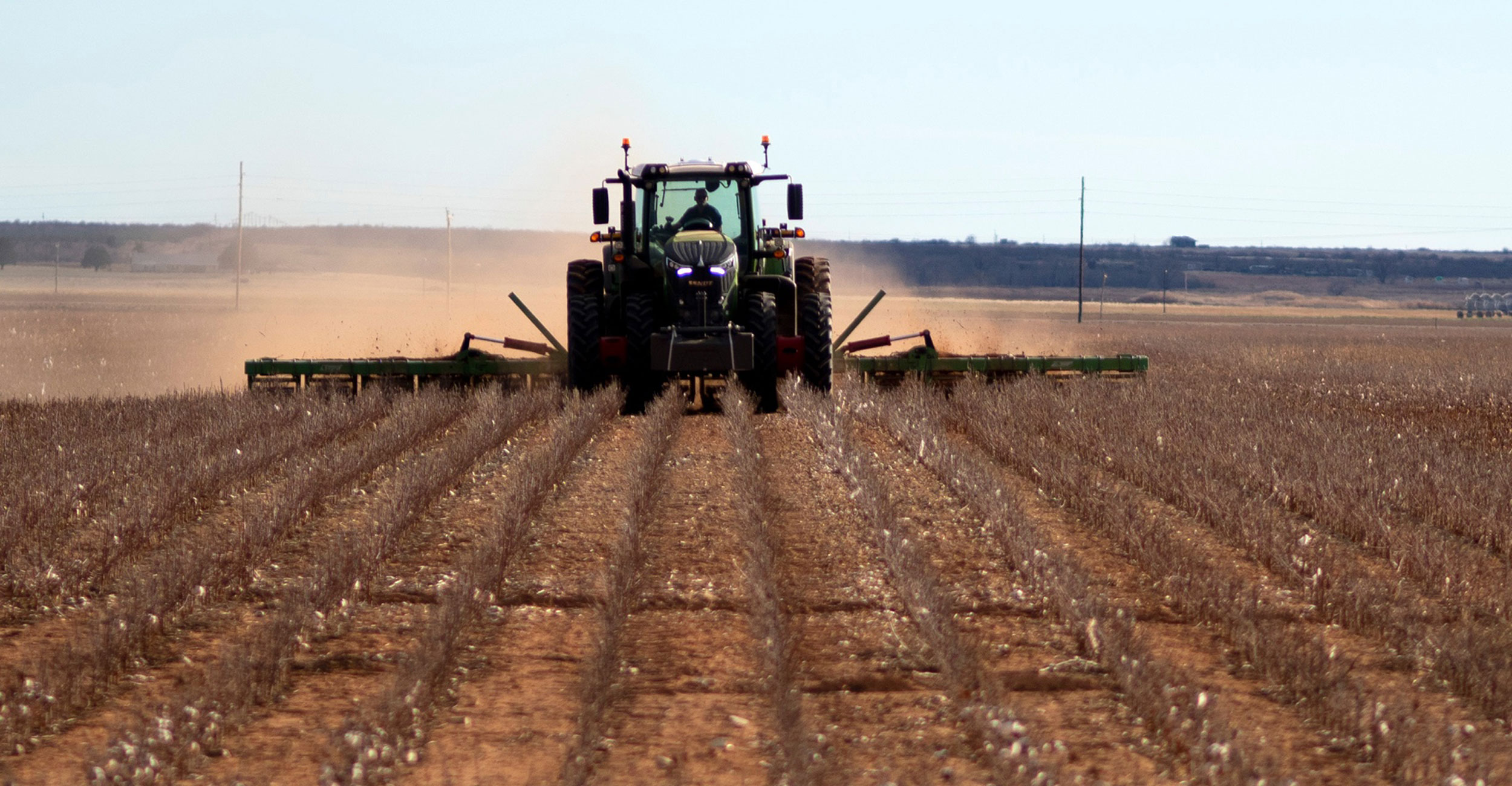
OSU researchers awarded NSF funds to study rural resilience
Monday, August 7, 2023
Media Contact: Mack Burke | Associate Director of Media Relations | 405-744-5540 | news@okstate.edu
In so-called flyover states across the U.S., rural communities face issues that most people never see.
One major issue is water. The water resources on which these rural communities depend are often threatened by changing land management and climate.
While these ongoing changes may disproportionally impact rural communities, the majority of climate resilience research to date focuses on urban areas — Oklahoma State University researchers are planning to fix that.
Through a new award from the National Science Foundation, a team of researchers, led by OSU, is launching a project to address climate issues affecting rural communities directly.
“We are excited to launch this new project called Rural Confluence, which is designed to bring together people and ideas from diverse but connected communities, disciplines and institutions within the Mississippi River basin to advance the science of rural resilience and to reduce climate-related vulnerabilities in rural communities.” said Tyson Ochsner, the project’s principal investigator and professor of plant and soil sciences. “We named this Rural Confluence because a lot of this work will focus on water and the name reflects the idea of rivers coming together.”
The project is a collaboration between OSU faculty and students, the University of Nebraska-Lincoln and Louisiana State University — along with Hispanic and Native American minority-serving institutions Western Oklahoma State College and Northern Oklahoma College.
“This project will substantially advance rural climate resilience research and generate lasting improvements in rural STEM opportunities,” Ochsner said. “These collaborations will lay the foundation for long-term partnerships between the Rural Renewal Initiative at OSU, the Rural Prosperity Nebraska program at UNL and the Gulf Scholars Program at LSU.”
The impacts on water resources across the state, nation and world are some of the most significant effects of the changing climate, Ochsner said. By identifying potential solutions to expected climate change-driven losses and focusing climate resilience research on rural communities, the team is hoping to bridge the divide between rural and scientific communities, while creating frameworks and civic engagement strategies that may be applied in other rural communities around the world.
This NSF award is part of a $56 million investment in 11 projects, spanning a total of 21 institutions in 19 jurisdictions through NSF's Established Program to Stimulate Competitive Research (EPSCoR).
This investment is a component of NSF's ongoing effort to build research and development capacity and education in states that show a commitment to research but have not received the levels of investment seen in other parts of the country.
"As evident from EPSCoR’s impact, investing in research infrastructure is a powerful catalyst for strengthening our nation's security, competitiveness and fostering groundbreaking scientific advancements," said NSF Director Sethuraman Panchanathan in a news release. "I'm thrilled to announce this year's EPSCoR Track-2 awards, which will strengthen community and regional efforts to understand the impacts of a changing climate and enhance the resilience of disproportionately affected communities.
“By addressing these critical challenges, and engaging with communities impacted by climate change, we have the potential to advance innovation and promote economic stability and recovery in EPSCoR jurisdictions and beyond."
